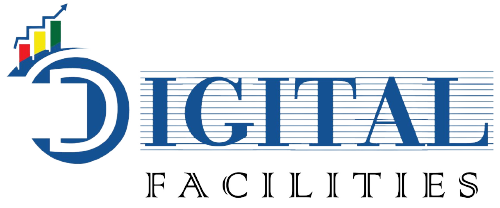Outbound Links, also called Externals link, are links that point from one website to another website. In the context of search engine marketing (search engine optimization), outbound hyperlinks play a function in figuring out the relevance and credibility of a webpage. When a webpage includes outbound hyperlinks to authoritative and applicable sources, it alerts the serps that the content is well-researched and contributes to what the general consumer is interested in. Here’s an instance of how you could possibly include statistics about outbound links in an SEO blog using applicable.
Introduction:
In the ever-evolving panorama of SEO, one crucial issue that often gets omitted is the strategic use of outbound hyperlinks. These outside hyperlinks can substantially affect your website’s credibility, authority, and search engine scores. In this blog post, we’re going to delve into the significance of outbound hyperlinks in search engine optimization and provide actionable suggestions to enhance your outside linking strategy.
Outbound links, also called outside links, are links that point from one internet site to another. In the context of search engine marketing (search engine optimization), outbound hyperlinks play a function in figuring out the relevance and credibility of a webpage. When a webpage includes outbound hyperlinks to authoritative and applicable sources, it alerts to SERP that the content is well-researched and contributes to what the general consumer is interested in. Here’s an instance of how you could possibly include statistics about outbound links into an SEO blog using applicable
Understanding Outbound Links in search engine optimization
Before we dive into techniques, permits discover what outbound links are and why they be counted in the search engine optimization sport. Outbound hyperlinks are hyperlinks that direct users from your web site to another site. Search engines view these links as references, indicating the relevance and reliability of your content material.
The search engine marketing benefits of outbound links:
a. Credibility and Authority: By linking to professional sources, you’re signalling to search engines like google that your content material is well-researched and trustworthy.
B. User Experience: External links can enhance the user revel in via offering extra treasured website facts or context related to your content website. Three.
Best Practices for Outbound Linking:
a. Relevance is Key: Ensure that your outbound links are applicable to your content and add value to the reader’s understanding.
B. Do-follow vs. No-follow Links: Understand when to use do-follow and no-follow hyperlinks to manage link fairness correctly.
Avoid Common Outbound Linking Mistakes:
a. Overlinking: Don’t overdo it with outbound hyperlinks; preserve a balance to keep from overwhelming your readers.
B. Broken Links: Regularly test and replace your outbound links to prevent damaged links, which can damage your SEO.
5. Tools for Outbound Link Analysis: Explore tools like Ahrefs, or SEMrush to investigate your outbound links and monitor their impact on your search engine marketing overall performance.
Conclusion:
Incorporating a thoughtful outbound linking strategy into your search engine optimization efforts can make a massive difference in your internet site’s performance. By knowing-how the blessings, following first-class practices, and keeping off unusual mistakes, you may enhance your website’s credibility and provide a better user experience. Remember, the keys are to strike stability and make strategic alternatives that align with your general search engine marketing goals.



